Return to Cuba
(Volver a Cuba)
David Fabrega / Cuba, Canada / 2016 / 78 min
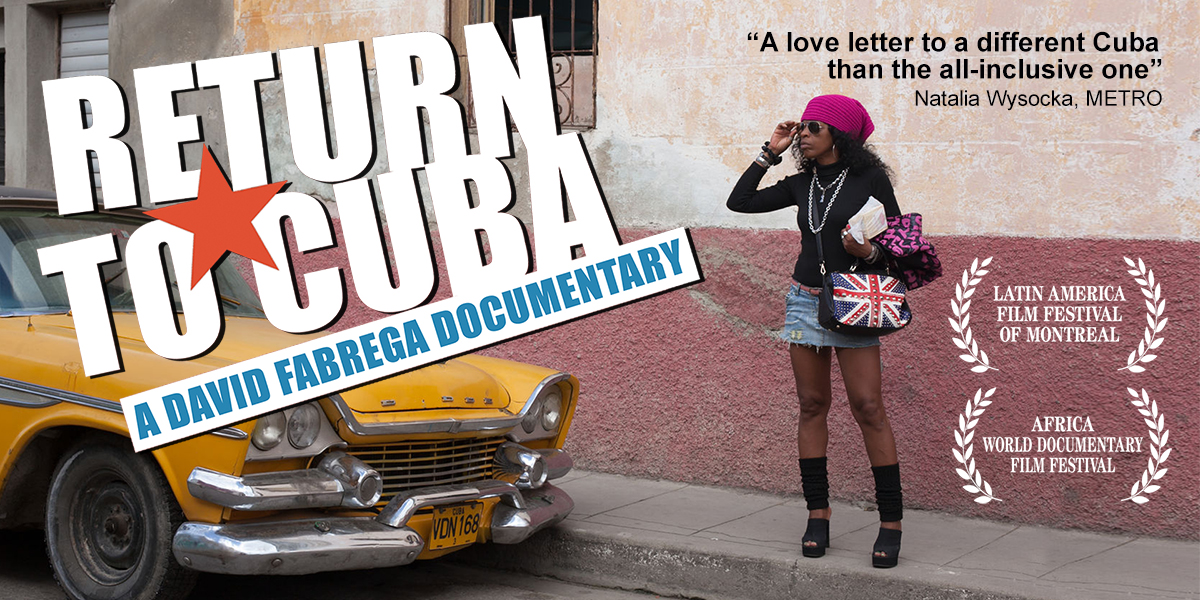
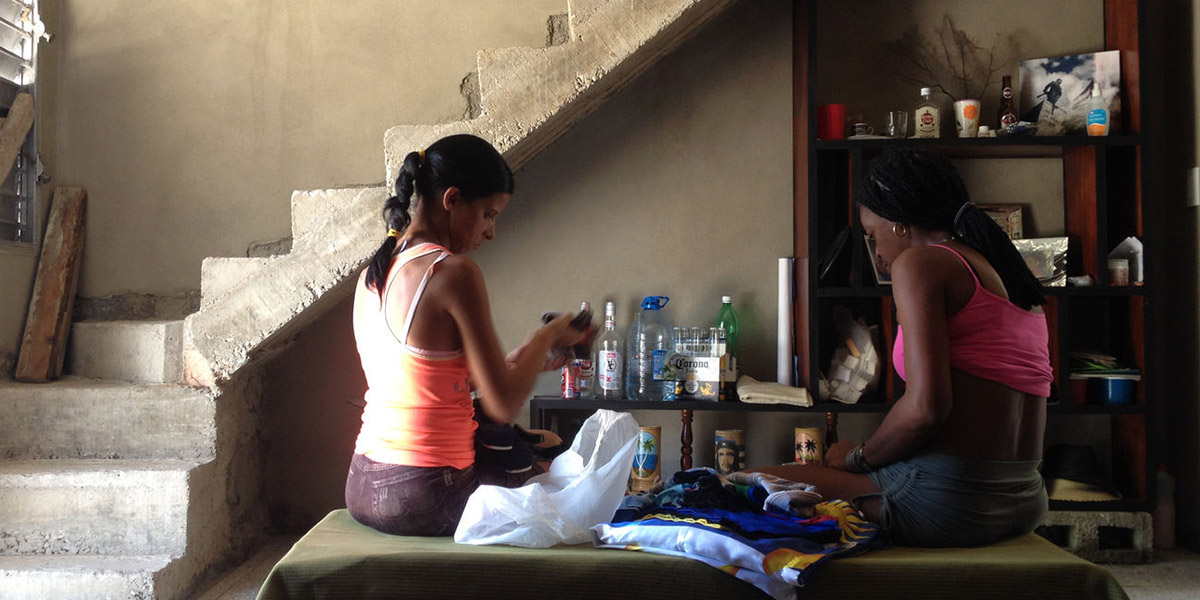
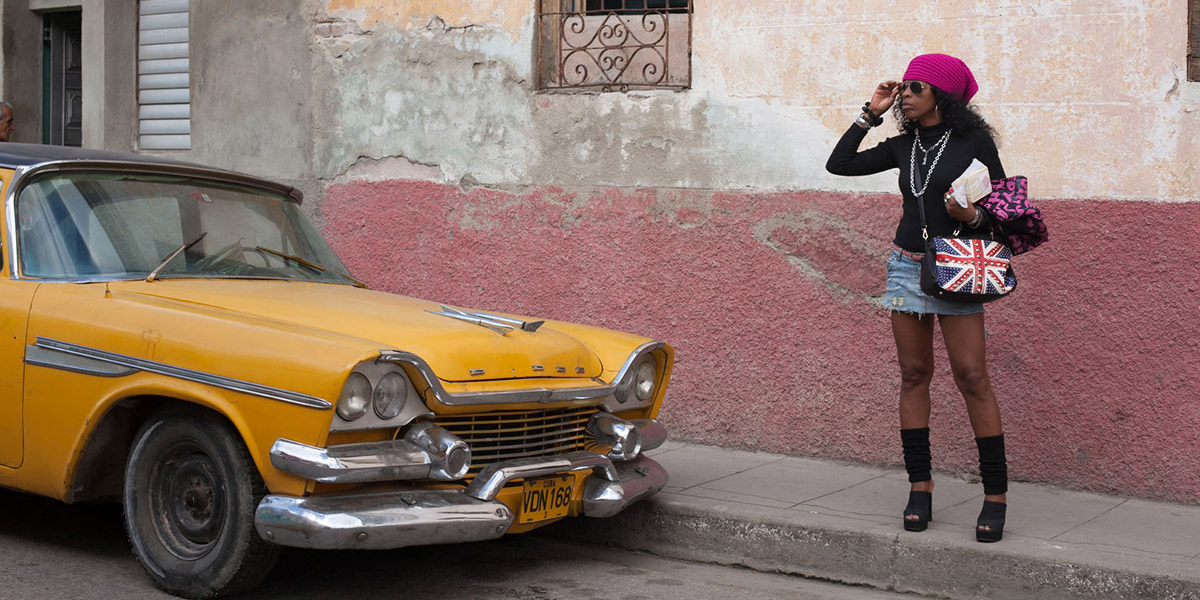
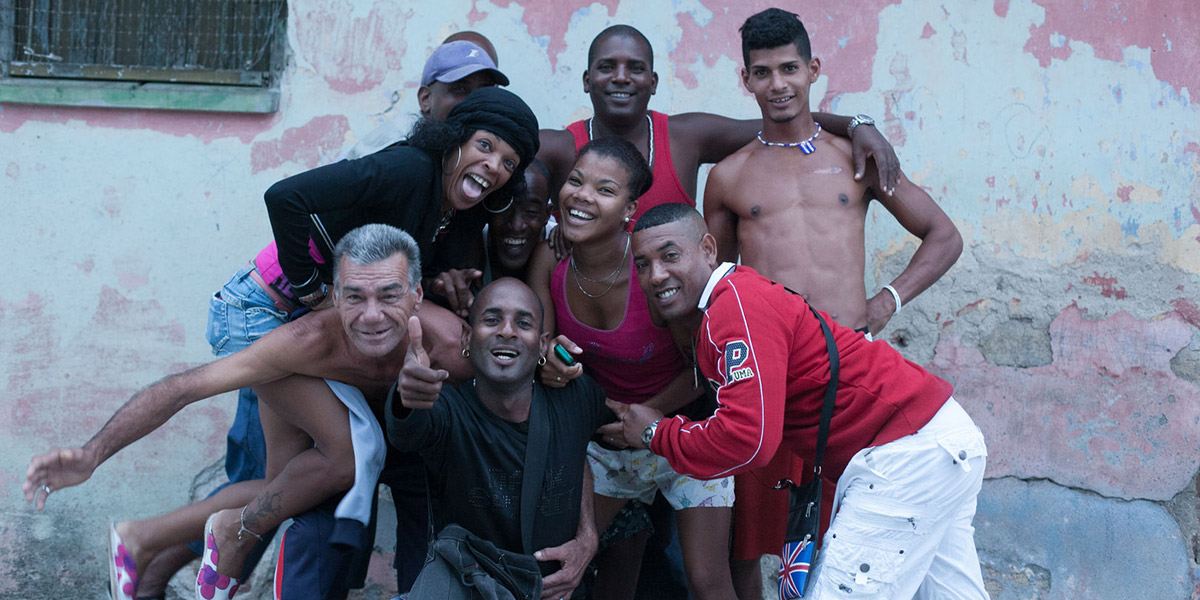
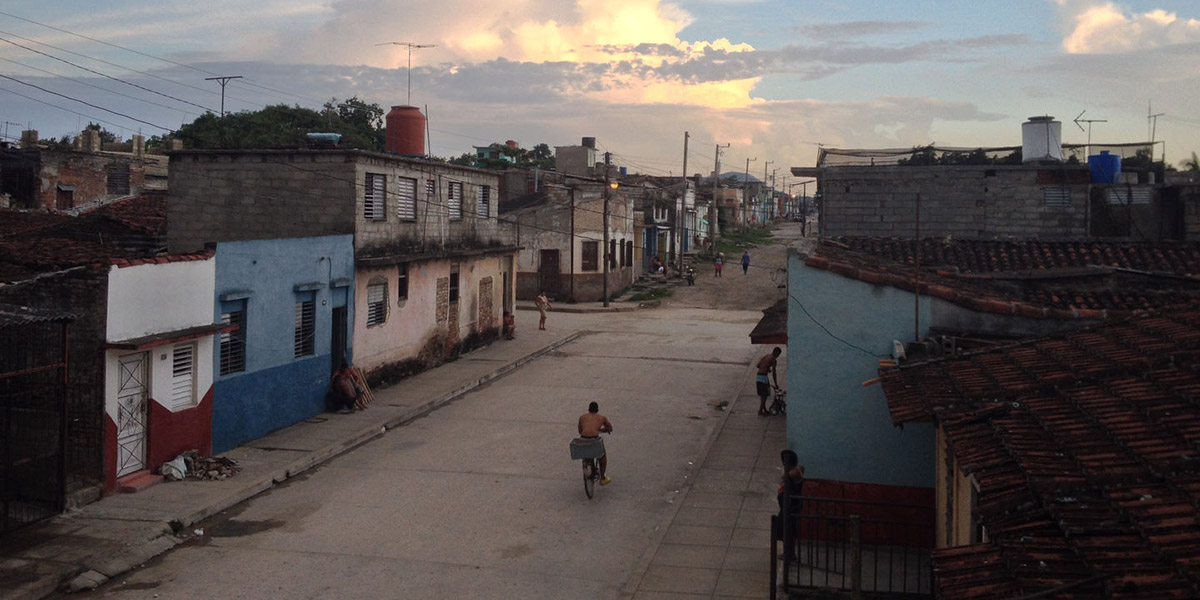
Latin America Film Festival of Montreal
Africa World Documentary Film Festival
Pricing
Related Films
 Fidelandia: Behind the Curtain of Cuba’s Revolution(Fidelandia: Behind the Curtain of Cuba's Revolution)Isaias CastañedaWhen Cuba’s former dictator, Fulgencio Batista, was overthrown from power by Fidel Castro and his revolutionaries in the late 1950’s, the people of ...
Fidelandia: Behind the Curtain of Cuba’s Revolution(Fidelandia: Behind the Curtain of Cuba's Revolution)Isaias CastañedaWhen Cuba’s former dictator, Fulgencio Batista, was overthrown from power by Fidel Castro and his revolutionaries in the late 1950’s, the people of ...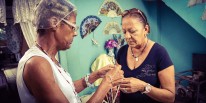 The Travel Agent(Pequeñas Mentiras Piadosas)Niccolò BrunaFrom her tiny office overlooking the U.S. Interests Section, 58-year old Lourdes counsels thousands of Cubans seeking a U.S. travel visa. She coaches ...
The Travel Agent(Pequeñas Mentiras Piadosas)Niccolò BrunaFrom her tiny office overlooking the U.S. Interests Section, 58-year old Lourdes counsels thousands of Cubans seeking a U.S. travel visa. She coaches ... Everybody Leaves(Todos se van)Sergio CabreraShot in Colombia (because the director didn’t get permission to film in Cuba) and featuring a cast consisting mostly of expatriate Cuban actors, ...
Everybody Leaves(Todos se van)Sergio CabreraShot in Colombia (because the director didn’t get permission to film in Cuba) and featuring a cast consisting mostly of expatriate Cuban actors, ...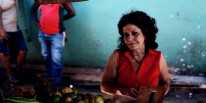 The Cuban Wives(Las esposas cubanas)Alberto Antonio DandoloThe Cuban Wives reveals the compelling and tragic story of the five Cuban intelligence agents who were arrested in the United States in 1998. Their ...
The Cuban Wives(Las esposas cubanas)Alberto Antonio DandoloThe Cuban Wives reveals the compelling and tragic story of the five Cuban intelligence agents who were arrested in the United States in 1998. Their ...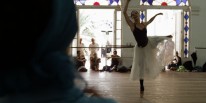 Horizons(Horizontes)Eileen Hofer Alicia Alonso’s splendor still radiates throughout the world of ballet today. A star so brilliant, she has captivated audiences worldwide. Even now at ...
Horizons(Horizontes)Eileen Hofer Alicia Alonso’s splendor still radiates throughout the world of ballet today. A star so brilliant, she has captivated audiences worldwide. Even now at ...Synopsis
Spanish with English subtitles
After 18 years living in Italy, Barbara Ramos returns to live in Cuba, her homeland. In the town of Santa Clara and through the projects of family and friends, she discovers what has changed, what hasn’t, and what will likely never change in her country.
Shot over a period of three years – the time it took Barbara to build her dream house – Return to Cuba chronicles her life after Fidel Castro’s era, in the wake of Raul Castro’s liberal reforms and the reconciliation with the United States of America.
A light-hearted yet energetic movie, Return to Cuba demonstrates that finding happiness is possible again in today’s Cuba!
Related Subjects
About the Director
Press
“A love letter to a different Cuba than the all inclusive one.” – Natalia Wysocka, METRO
“The film paints an insightful insider’s view of Cuba, unlike the plethora of quaint travelogues or the oft-clichéd political analyses usually emanating from the country.” – Bill Brownstein, Montreal Gazette
“Is the right to own a private business a concession of necessity or a response to outside influences? ‘Return to Cuba’ demonstrates the trust Cubans have in their system and the effect internal change has on Cuban life both socially & economically. I am most impressed with the fact that David Fabrega remains conjoint & illiberal throughout the documentary. This film is forever living history!” – Ms. S. Haysbert, Hampton University
Notes on the Film
I started filming the story of Barbara because the laws regarding running a business and making money had loosened up in Cuba. That is what made her want to return to her homeland. But she isn’t naive, either. She is aware that there is still a vibrant black market in the country. She also fears that economic growth from the U.S. presence will be beneficial to workers but could also lead to a return of drugs, prostitution and violence as existed before the revolution.
But there’s no question that with the transition from Fidel to Raul Castro, there is also a sense of freedom – while at the same time health care and education are still completely subsidized by the government.